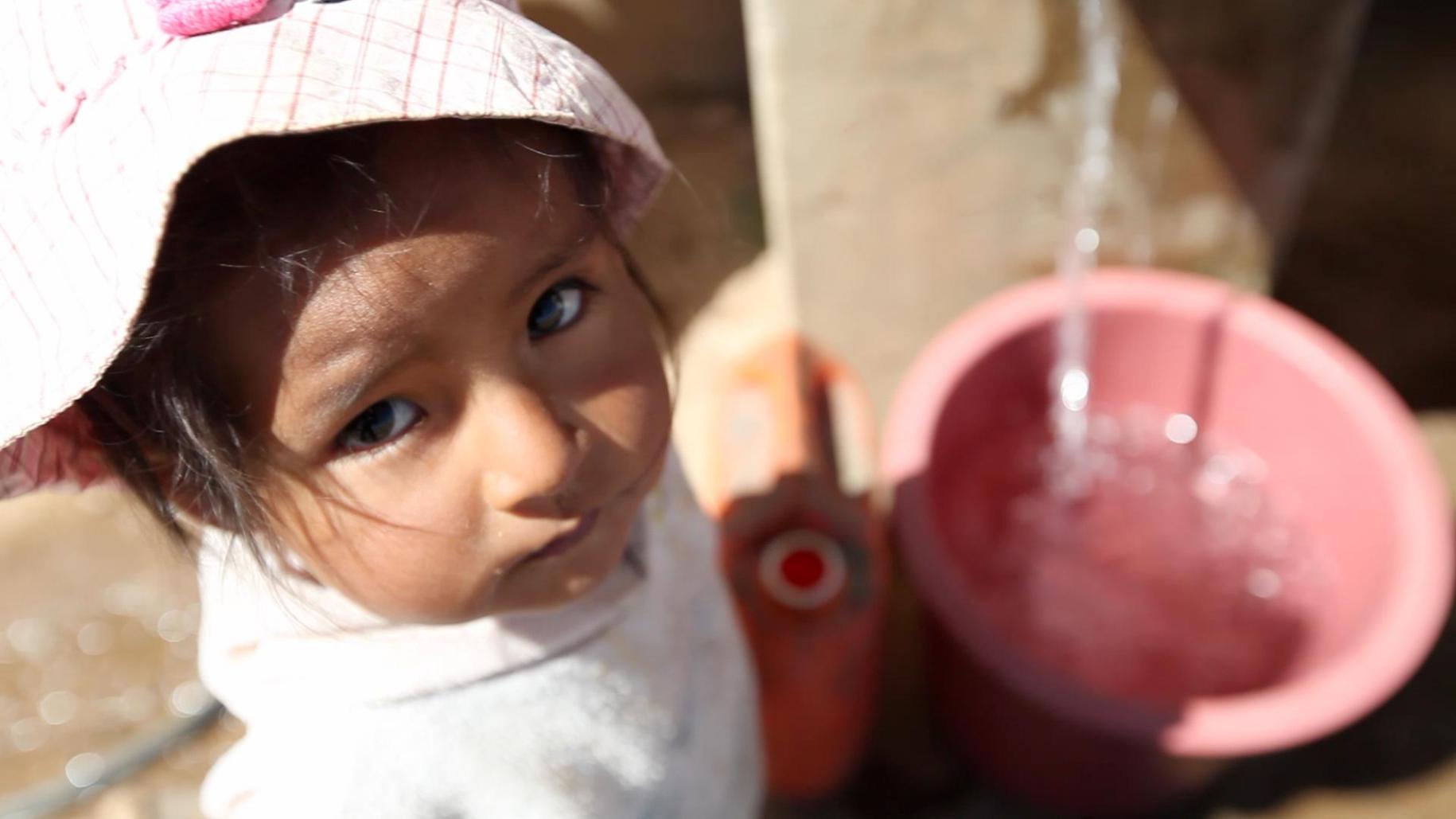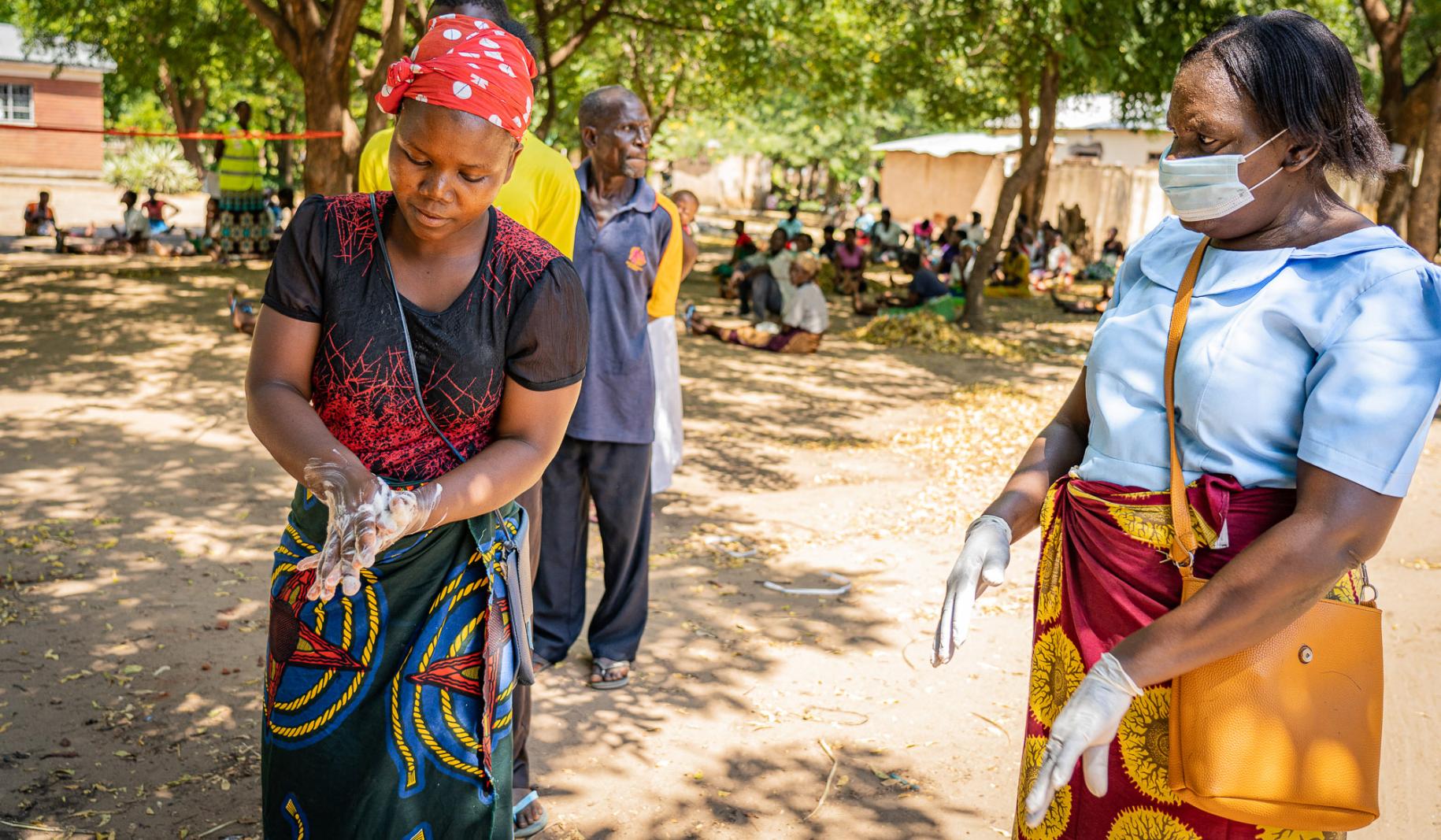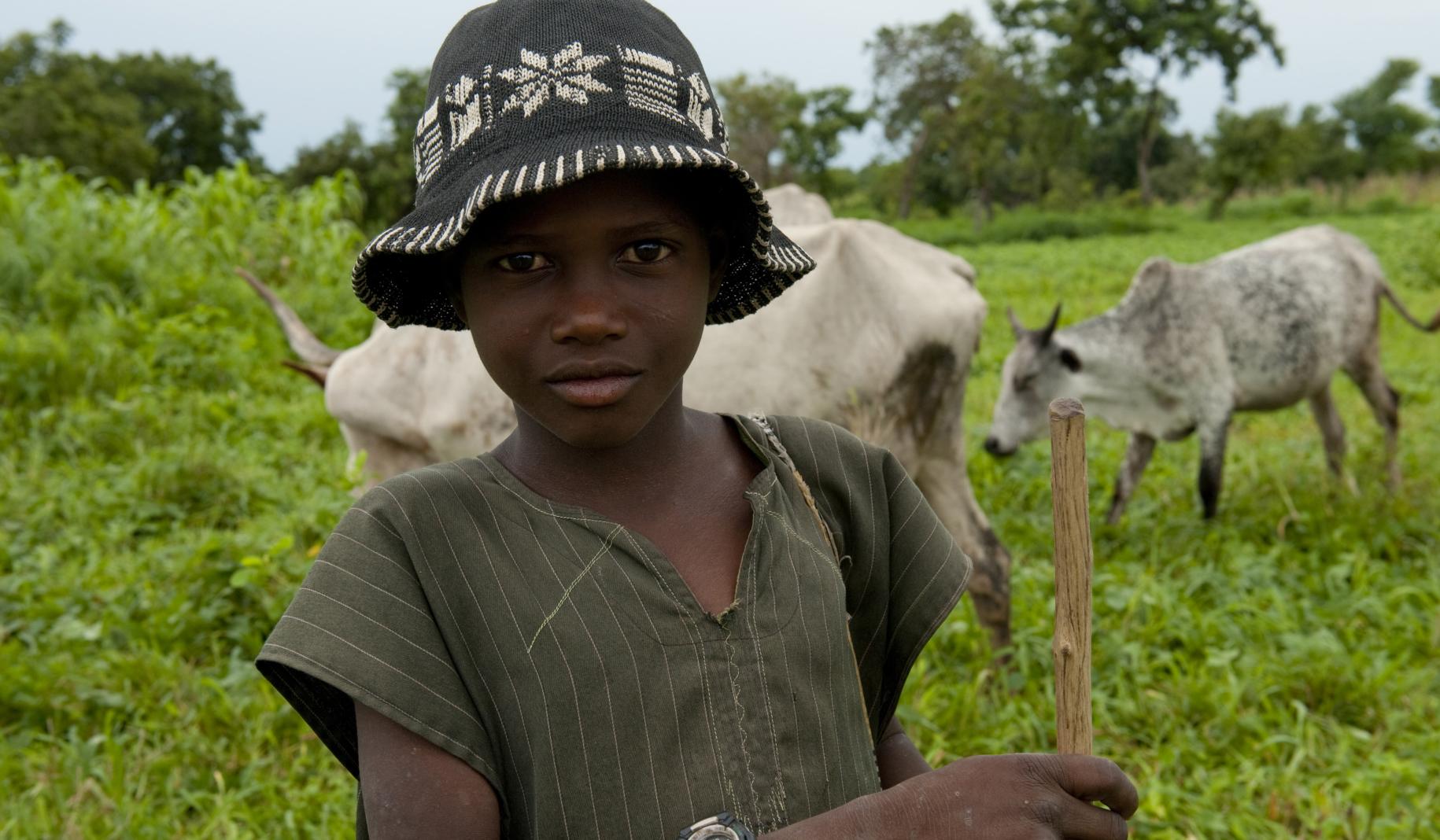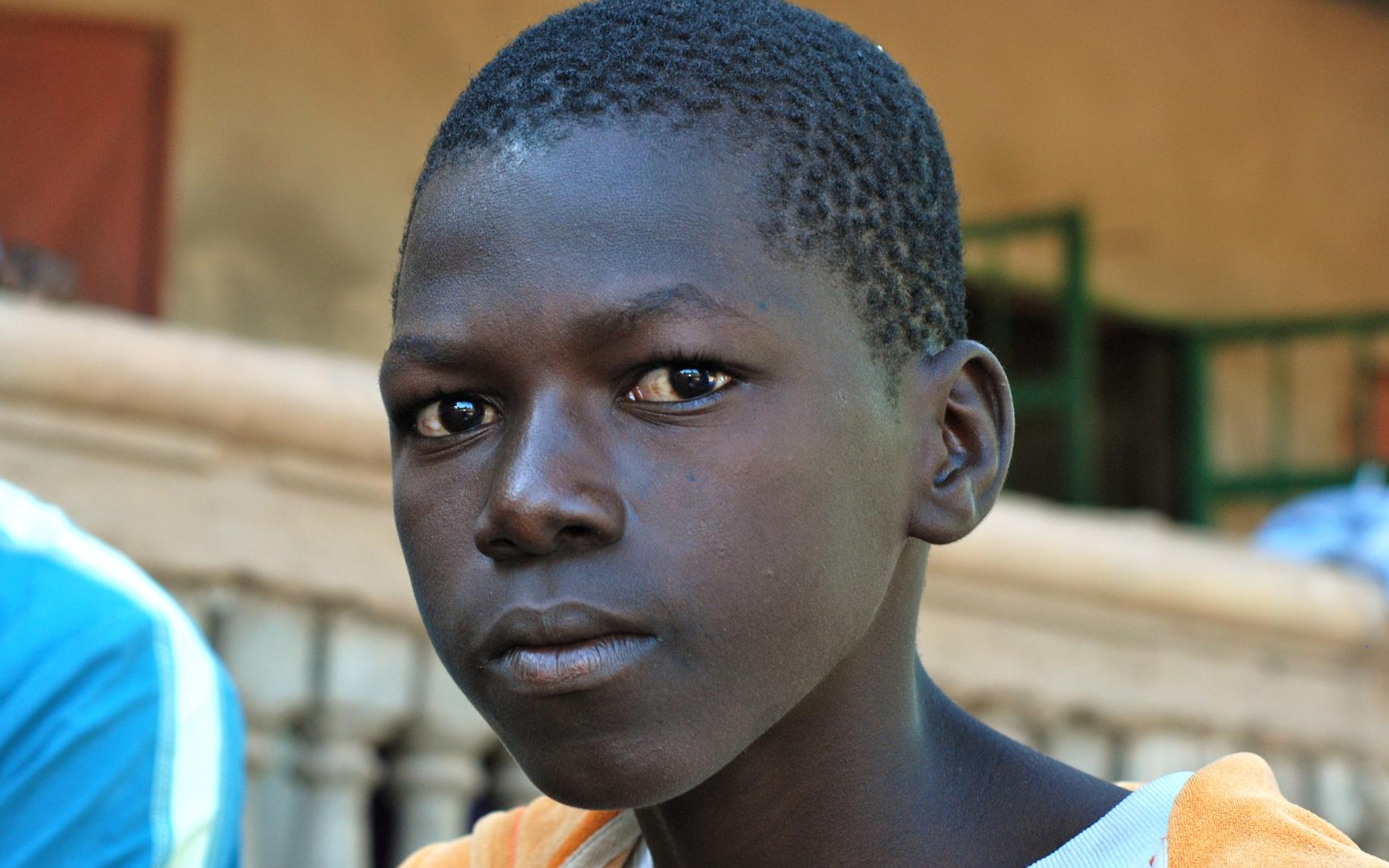Updates from the field #4: Strengthening support to fight COVID-19
UN teams across the globe are working closely with the government, agencies, partners and civil society to ensure the safety, security and health of the population.
Below, we highlight some of the global responses as of 5 April 2020:
Bolivia
In Bolivia, the UN team is supporting the Government to prevent the spread of the pandemic and apply the World Health Organization's (WHO) guidelines and providing technical training for the public health sector, helping to purchase equipment and supplies, and communicating to the public on how to prevent the virus.
The UN team and the Government have set up a Strategic Coordination Situation Room, which works around the clock to collect and analyze data for an effective response.
The UN’s Humanitarian Country Team is working on the needs to offer shelter, food security, education, protection, and communications, in support of the Government’s plan.

Malawi
From Malawi, there are no confirmed COVID-19 cases, WHO—the technical lead—along with the Resident Coordinator, have been working hard to support the Government’s preparedness and response plan.
The UN is helping with lab testing capacity and recruiting public health specialists, as well as engaging with Malawian entrepreneurs to ensure there are enough supplies to respond to the pandemic. The World Food Programme (WFP) is supporting the government with supply chain and logistics and procuring supplies and equipment. The team is also working to prepare distance learning options for schools, through a coordinated effort between UNICEF, UNFPA, WFP and UNESCO. UNICEF and WHO is also offering critical support to repair and improve water and sanitation infrastructure.

The aim for both the UN and Government is to reach more than half a million children in households through temporary cash transfers. To prevent major economic and social setbacks, WFP, UNICEF, UNDP and the Government are boosting the national identification programmes.
Additionally, the team, led by UN Women, UNICEF, UNHCR and UNFPA, is working to protect key vulnerable groups, such as those in refugee camps, through special provisions for health screening, care and contingency areas. Together they also launched a targeted radio campaign in the camps to raise awareness and demystify rumours.
Nigeria
In Nigeria, the UN team there has mobilised $2 million to procure essential medical supplies. The UN is supporting the Economic Community of West Africa (ECOWAS) to procure one million test kits. We are also helping to mitigate the social and economic consequences of COVID-19 on Nigeria and are working with the World Bank and key donors to support the Government and the people.

The Gambia
The UN team in The Gambia is working to support the Government’s preparedness, with the third case of COVID-19 having been confirmed in the country. WHO is strengthening surveillance and lab preparedness, while the Resident Coordinator and other UN entities are supporting the Government’s communications efforts to prevent a full outbreak. UNICEF is supporting with water and sanitation efforts, as well as on schools and community education.

UNFPA is training front-line health workers, while the UNDP is working on the socio-economic impacts of the virus. UNAIDS is also studying the impacts of COVID-19 on people living with HIV\AIDS. For its part, the International Organization on Migration (IOM) is helping to deploy a border management information system for travelers and is training border and health officials to screen, identify and refer threats of public health concerns.





































